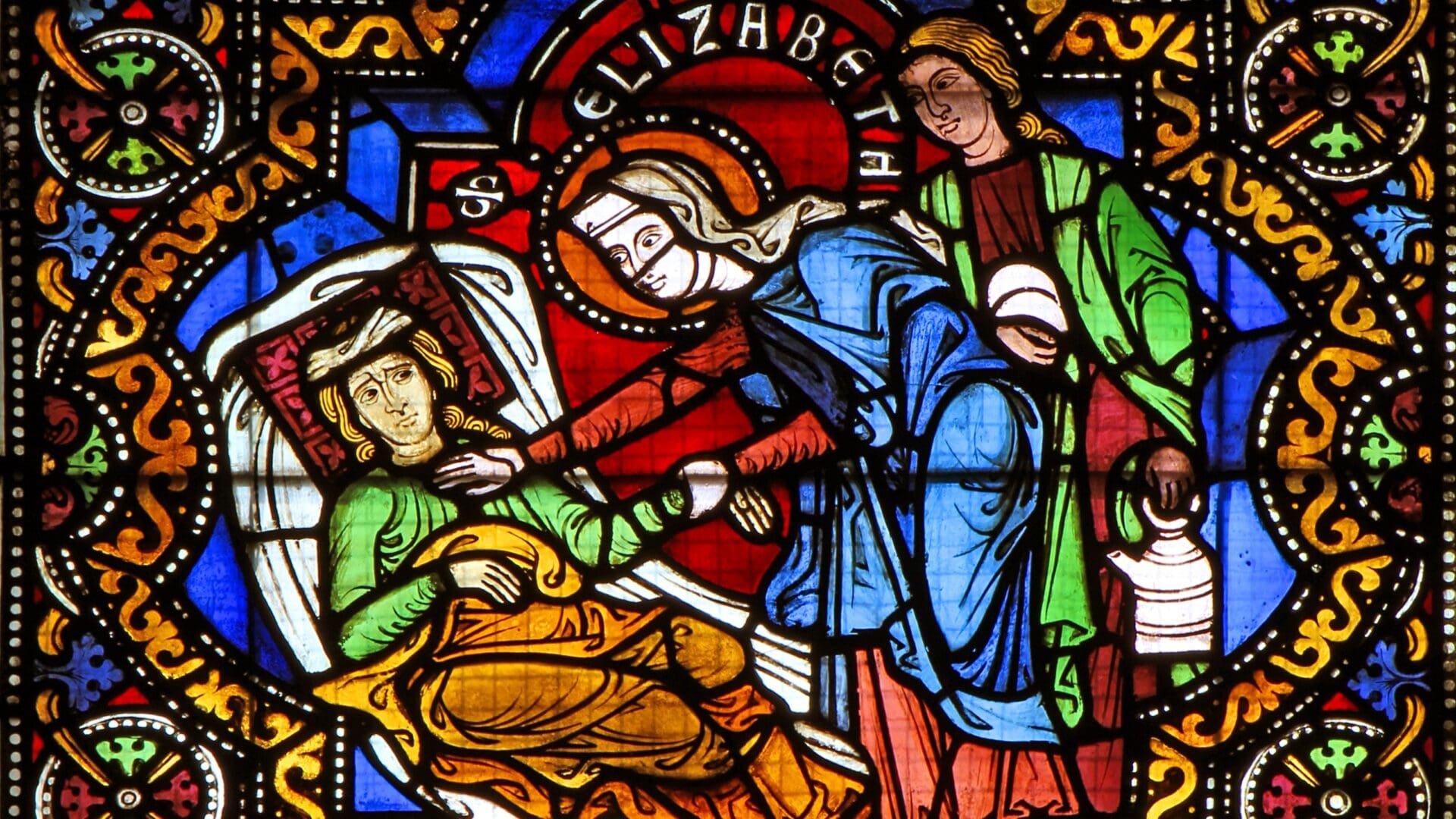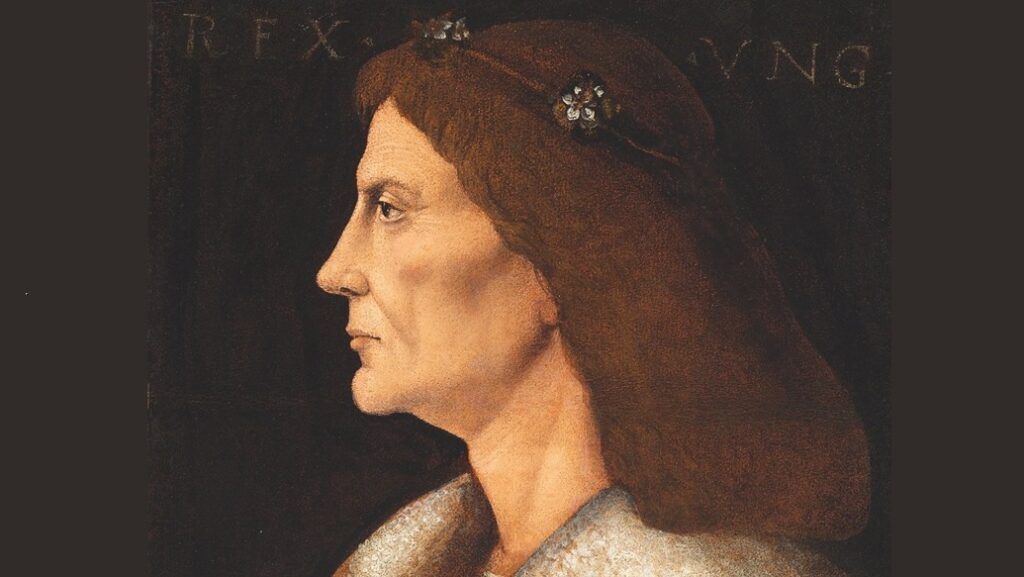Today, 17 November*, the Catholic Church celebrates the life of St Elizabeth of Hungary (1207–1231), also called St Elizabeth of Thuringia—historians dispute her birthplace. In her brief life, Elizabeth expressed such incredible love for the poor and the suffering that she has become the patroness of Catholic charities and of the Secular Franciscan Order. The daughter of the King of Hungary, Elizabeth chose a life of penance and asceticism when a life of leisure and luxury could easily have been hers, thus embedding herself in the hearts of the common people throughout Europe.
Elizabeth’s father, King Andrew II of Hungary (1175–1235), who granted the Golden Bull of 1222,
was an affluent and powerful monarch. In order to solidify his political ties he had married the German Countess Gertrude of Andechs-Meran, sister of St Hedwig, who was wife to the Duke of Silesia.
Elizabeth, along with her siblings, spent only the first four years of her childhood at the Hungarian court. She liked playing, music and dancing; she recited her prayers faithfully and already showed special attention to the poor, whom she helped with a kind word or an affectionate gesture. Her mother, Gertrude, was killed in 1213, when she was just six years of age. According to the chronicles, Gertrude’s murder was committed by Hungarian noblemen due to the conflict between the German and the Hungarian nobles.
While still a child, she was escorted by some knights from Thuringia to her new residence in Central Germany with her father’s permission. He arranged for her to become a Princess of Thuringia by marrying her, at age fourteen, to the Landgrave or Count Hermann’s son, Ludwig, whom she loved very much.
Elizabeth diligently practiced works of mercy by give food and drink to those who knocked at her door; she clothed the poor and paid their debts, cared for the ill, and buried the dead. Coming down from her castle in Thuringia, she often visited the homes of the poor with her ladies-in-waiting, bringing and personally distributing to them bread, meat, flour, and other food.

At one point these actions were reported to her husband, who not only was not displeased but answered her accusers: ‘So long as she does not sell the castle, I am happy with her!’.
In 1226, when disease and floods struck Thuringia, Elizabeth took to caring for the victims. It is said she even gave away the royals’ clothing and goods to the afflicted people. Elizabeth had a hospital built and provided for almost a thousand poor people daily.
The following year Ludwig died on his way to the Crusades. She then vowed to never remarry and to live a life like a nun, which included a vow of celibacy and an agreement of complete obedience to her confessor and spiritual director, Master Conrad of Marburg.
Regrettably, he was often rigid with the young Elizabeth. He administered physical beatings and sent away her children. Yet she persisted in her vow, even offering to cut off her own nose, so she would be too ugly for any man to want.
In 1228, she joined the Third Order of St Francis.
With her dowry, she founded a hospital in honour of St Francis, where she personally attended to the sick patients.
Consumed deeply by her devotion to God and her works of charity, she died on this day in 1231 at the age of twenty-four in Marburg, Hesse.
Elizabeth was declared a saint four years after her death. She is often symbolized by a triple crown, which stands for her roles as a member of royalty, as a mother, and as a saint, crowned in heaven. She is the patroness of the Franciscan Third Order and of all Catholic Charities.
While St Elizabeth is celebrated throughout the world, in the United States she is particularly remembered in Cleveland, Ohio, where there is a shrine dedicated to her. It is, in fact, the first ethnic parish established for Hungarians in America; its present building was constructed in the early twentieth century, and it has been named a historic site. In 2023, it was declared a shrine church by Bishop Edward Malesci for the promotion of the Christian heritage of the Hungarian people as well divine worship according to the Traditional Latin Mass, which is presently celebrated by the canons of the Institute of Christ the King Sovereign Priest.
St Elizabeth of Hungary, pray for us!
*The liturgical feast of St Elizabeth is observed on 19 November in Hungary.
Read more:








